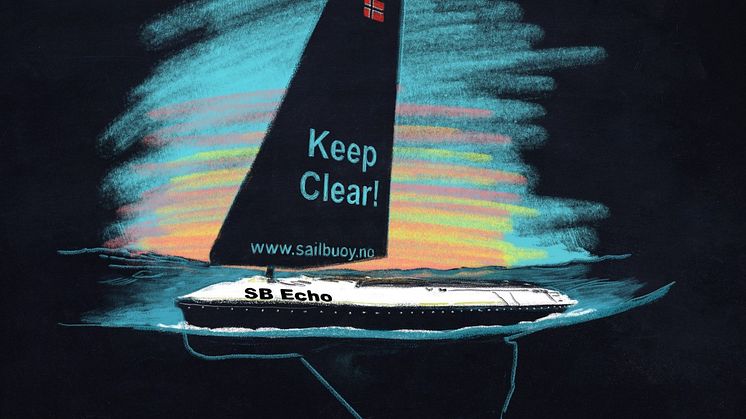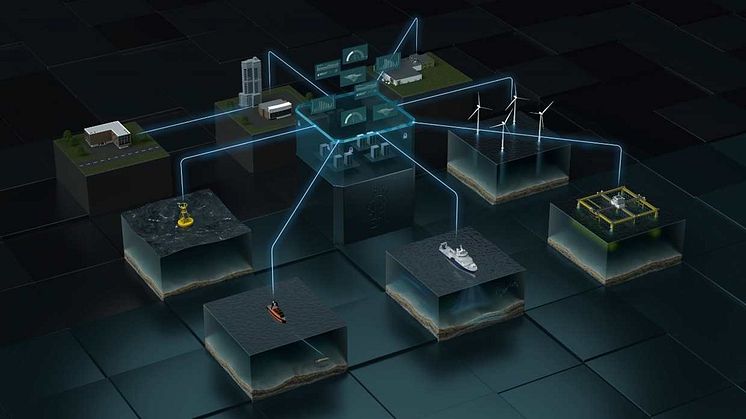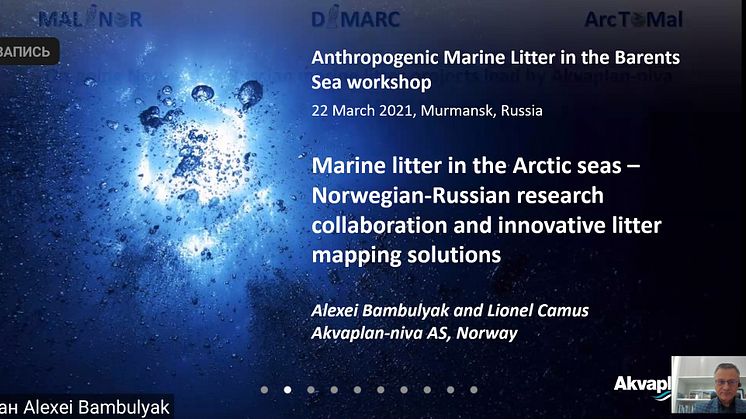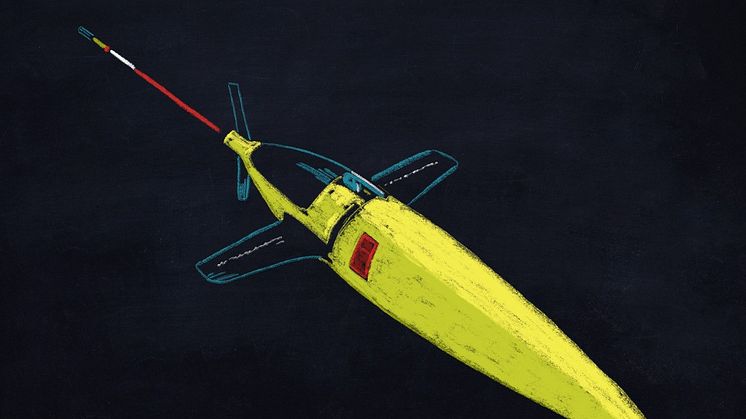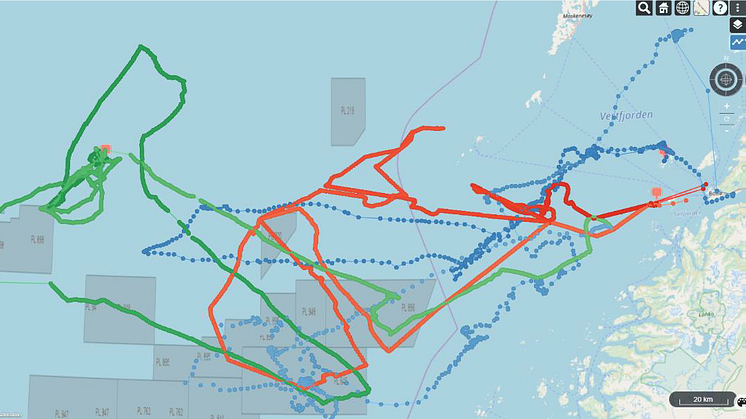
Nyhet -
Ocean drones - the success of the GLIDER project operations
We can report that the operation of three autonomous vehicles (gliders) that were deployed at the coast west of Bodø in the beginning of March has been a success. The aim of this mission is to collect environmental data that can increase our knowledge about the marine ecosystem during the spawning season of the Atlantic cod.
The survey is currently half way. Some of the data have been received in real time via satelite (temperature, oxygen, salinity, chlorophyll A, turbidity) whilst echo sounder and hydrophone data are stored on the gliders. These data will be downloaded during a recovery of the gliders for maintenance purposes. The sensors on the vehicles have been calibrated and a data portal has been developed to visualize data in real time as well as to perform data quality control.
The vehicles are: a Sailbuoy, a Wave Glider for surface data collection; and a Seaglider for collecting data from the sea bottom to the surface. The Sailbuoy is developed and operated by Offshore Sensing, the Wave Glider is operated by Maritime Robotics, and the Seaglider is developed and operated by Kongsberg Maritime. These platforms are extremely energy efficient taking advantage of energy from waves, wind and solar power.
The project is led by Akvaplan-niva AS and other partners, than the ones mentioned above, are the Norwegian Institute for Water Research (NIVA), UiT The Arctic University of Norway, Nord Universitet, Christian Michelsen Research, Meterologisk institutt and Aanderaa Data Instruments As.
As of 7th of May, the Sailbuoy had collected 1 085 data points, the Seaglider had collected 953 081 records and the Wave Glider 4 778 records. The Sailbuoy and Wave Glider has been taken out of water half way of the survey for data download and maintenance.
